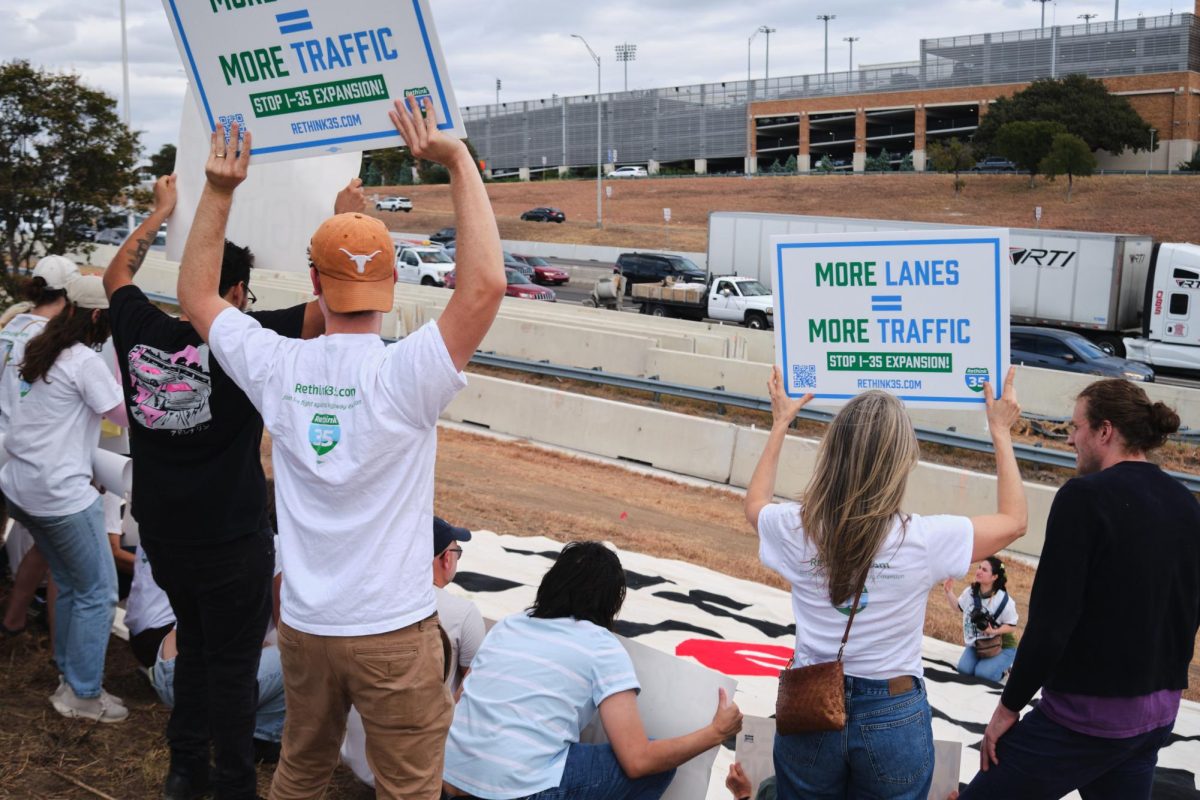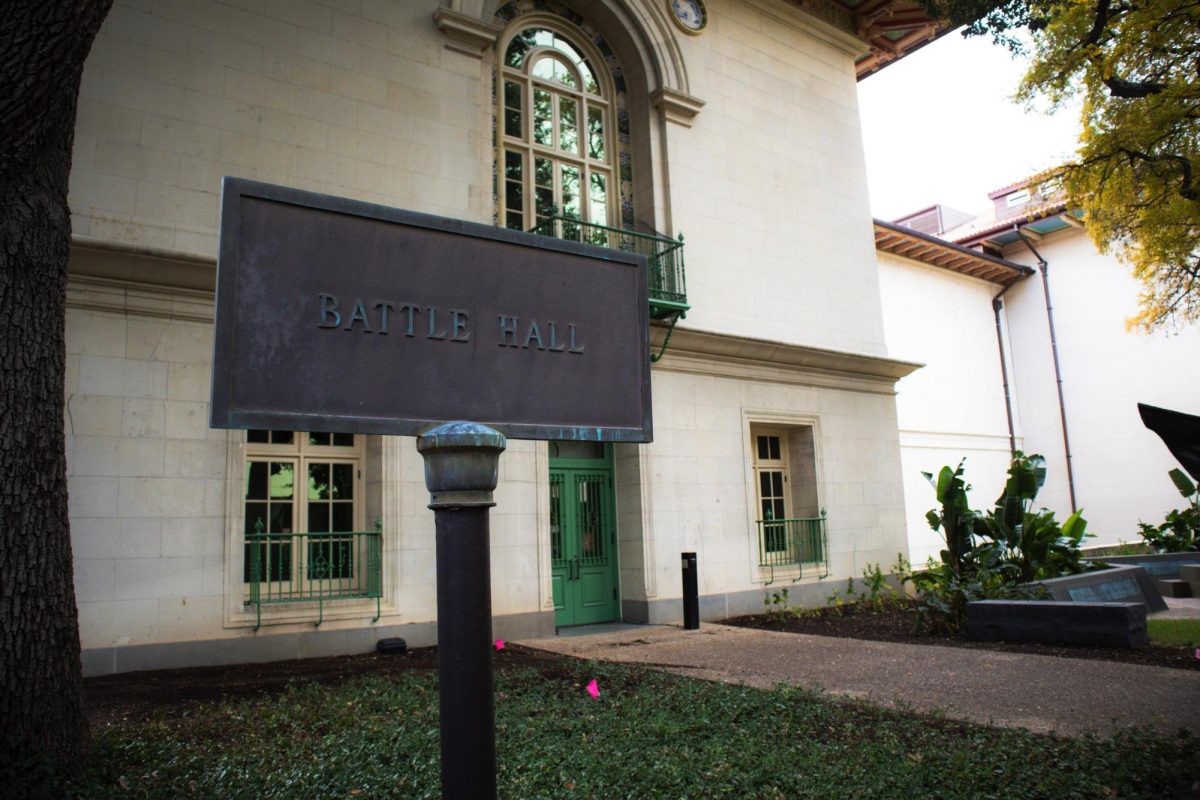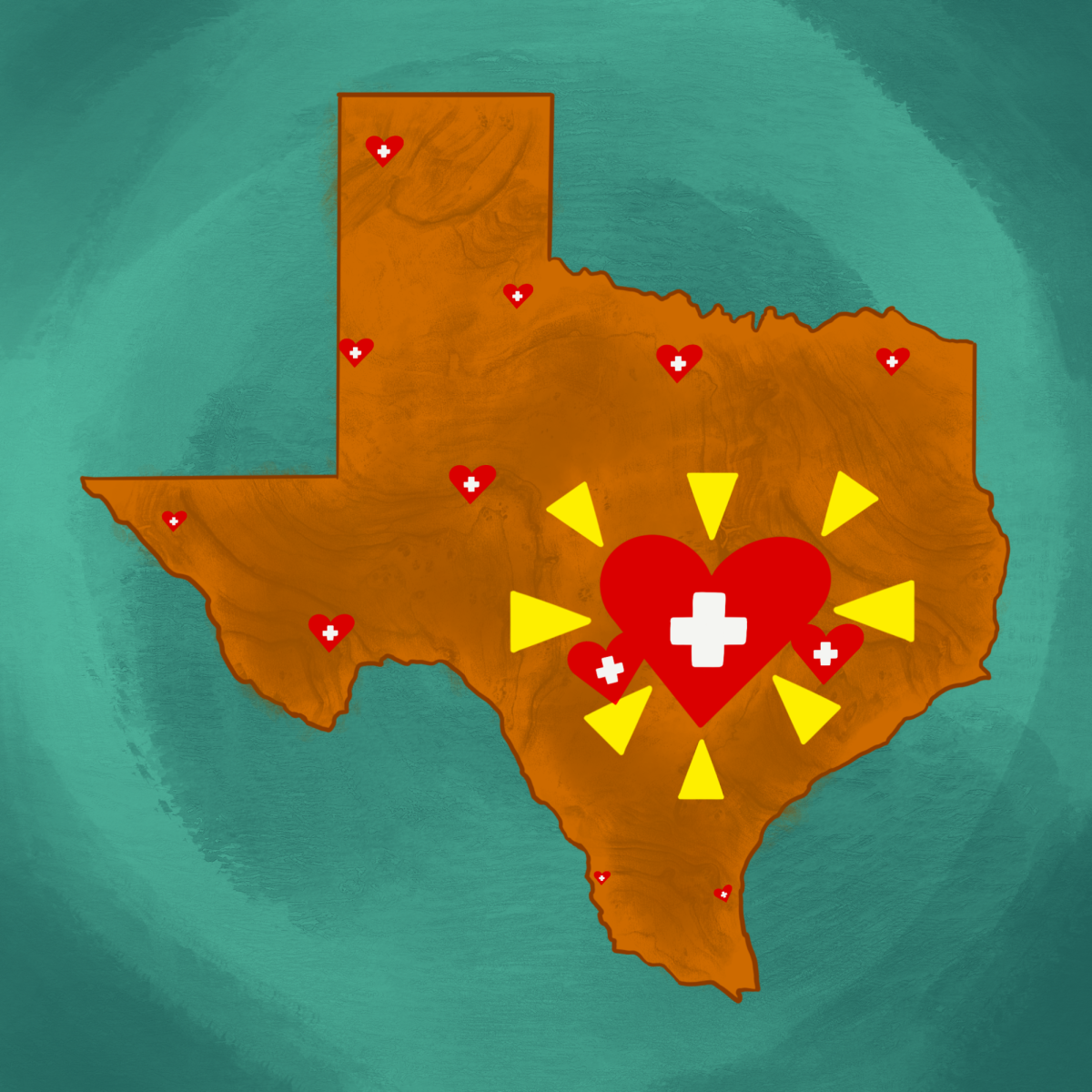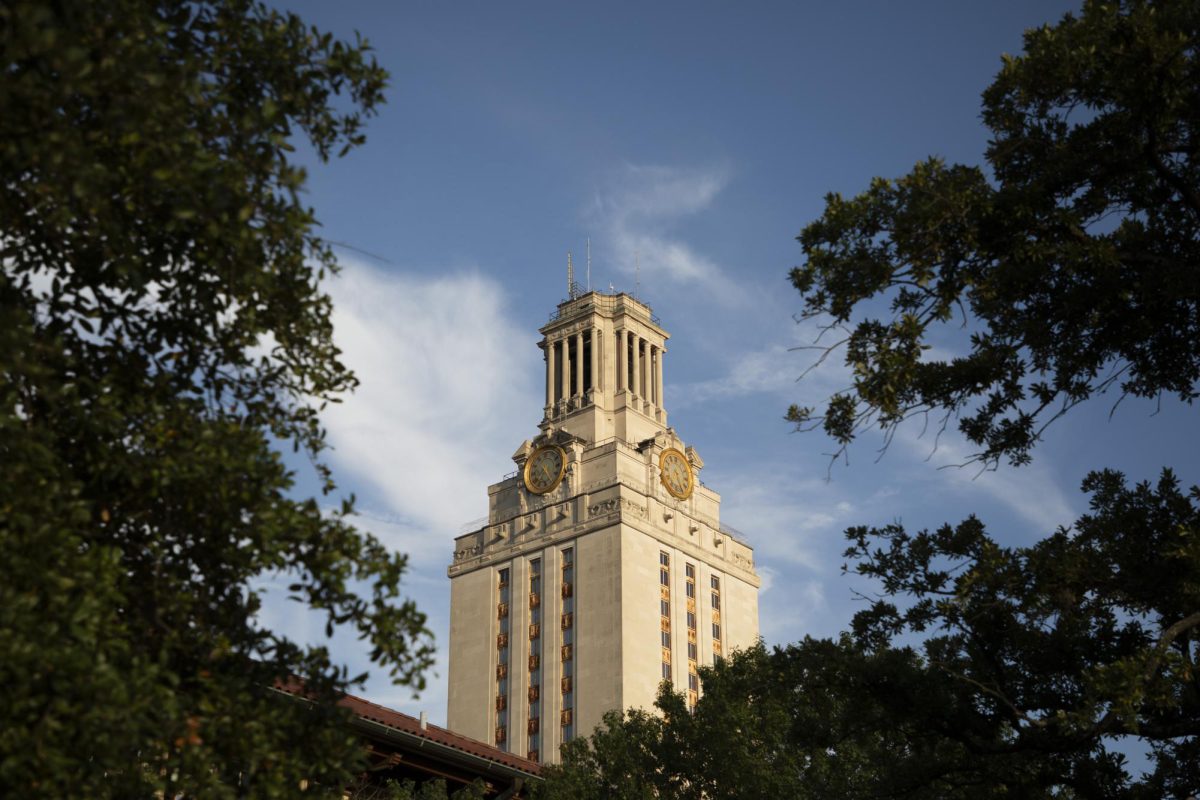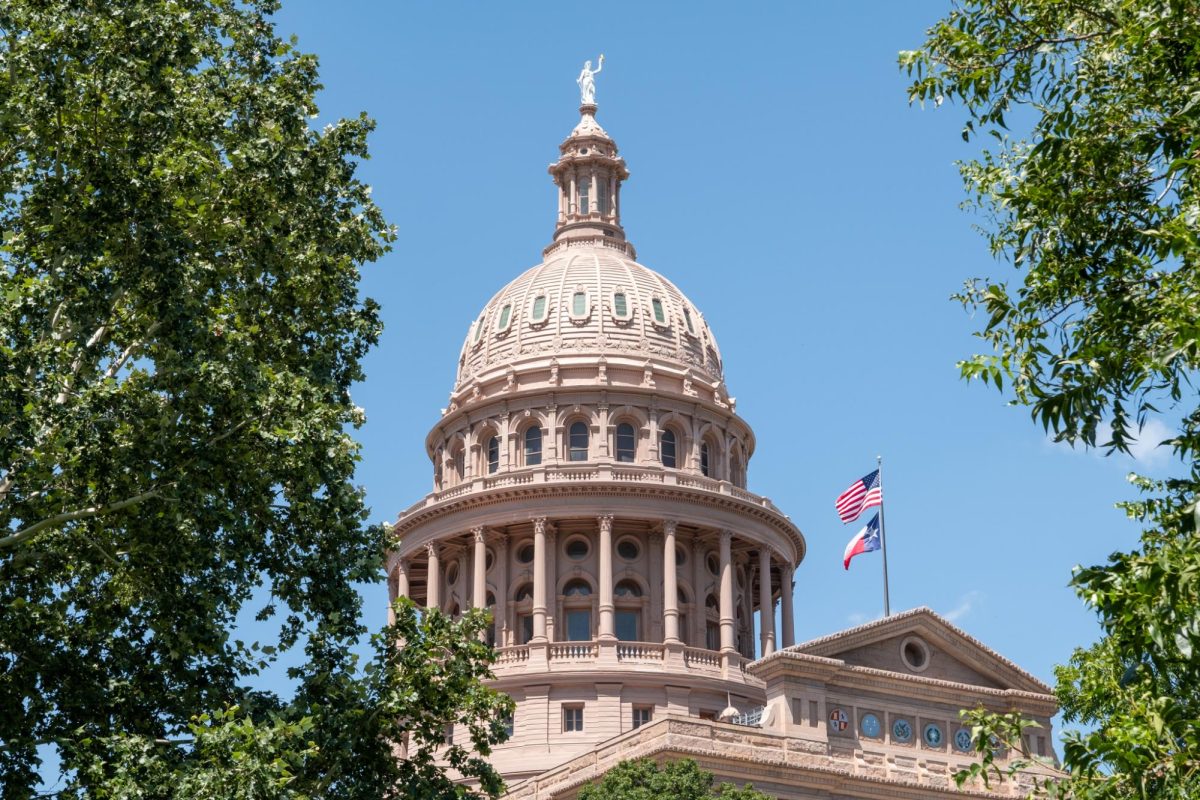A new state law passed in the spring allows people to donate to rape kit testing when they receive or renew their ID with the Texas Department of Public Safety.
The law, House Bill 1729, which was authored by State Rep. Victoria Neave, D-Dallas, went into effect earlier this month but has not yet been implemented in the DPS. Whenever an individual receives or updates their driver’s license or other personal identification, there will be an option to donate to have rape kits tested in a line of options including veteran’s support.
“We saw that the method we’re using has worked in the past for other issues,” freshman legislator Neave said. “But I can tell you we shouldn’t have to be coming to our fellow Texans to contribute. The state should be fully funding it, but it’s not.”
Neave paired the bill with House Bill 4102, which also prompts individuals to donate to rape kit testing every time they renew their vehicle registration.
Rape kits are a collection of DNA evidence taken from sexual assault survivors immediately after the assault has taken place, according to the Joyful Heart Foundation, a nonprofit that advocates for survivors of sexual assault and abuse. Depending on the amount of DNA evidence collected, the cost to test each kit is typically around $500 to $2,000, Neave said.
Together, Neave said these laws are estimated to bring in millions of dollars to pay for the backlog of rape kits sitting in law enforcement storage lockers. Current estimates put the backlog at possibly as high as 8,000 untested rape kits around the state, and new people are being sexually assaulted every day, Neave said.
Neave said the four to six hour invasive process to collect evidence for a rape kit is traumatic, so survivors should not have to wait years to see a result.
“It’s unacceptable,” Neave said. “Some (survivors) have been waiting for years for their day in court, and in the meantime, we have rapists … still out in the streets.”
The backlog was first reported several years ago after a 2011 law was enacted requiring rape kits to be tested within 30 days of being received. At the time, public safety officials said the backlog was close to 20,000 kits. The legislature then dispensed $11 million in 2013 to solve the issue, but the backlog remained.
A representative with Stop Abuse For Everyone Alliance in Austin, a local nonprofit that provides support to victims of abuse and sexual assault, said they are disappointed the government has resorted to crowdfunding instead of paying for the tests itself.
“While crowdfunding can be very useful, we do think that it’s the state’s responsibility to prioritize the funding and testing of these kits, but of course any efforts to reducing the number of barriers to survivors and getting answers in their cases is something that we support,” said Aja Gair, SAFE’s senior director of residential services.
Advertising sophomore Caroline Weyand said she wouldn’t hesitate to donate to have the kits tested, especially if it means helping survivors find justice.
“If they’re not able to get the tests run, that inhibits their chances of finding the justice that they need,” Weyand said. “Getting the rape kits would give them peace of mind that is invaluable and really essential to the healing process.”
Even with these new revenue sources to fund rape kit testing, Neave said she plans to continue to advocate for more support in future legislative sessions.
“The state should be fully funding it period, especially when we hear about the importance of public safety, but we can’t even fully fund this,” Neave said. “Our state has focused on bathrooms and other things like that instead of focusing real issues that impact women all across our state.”


